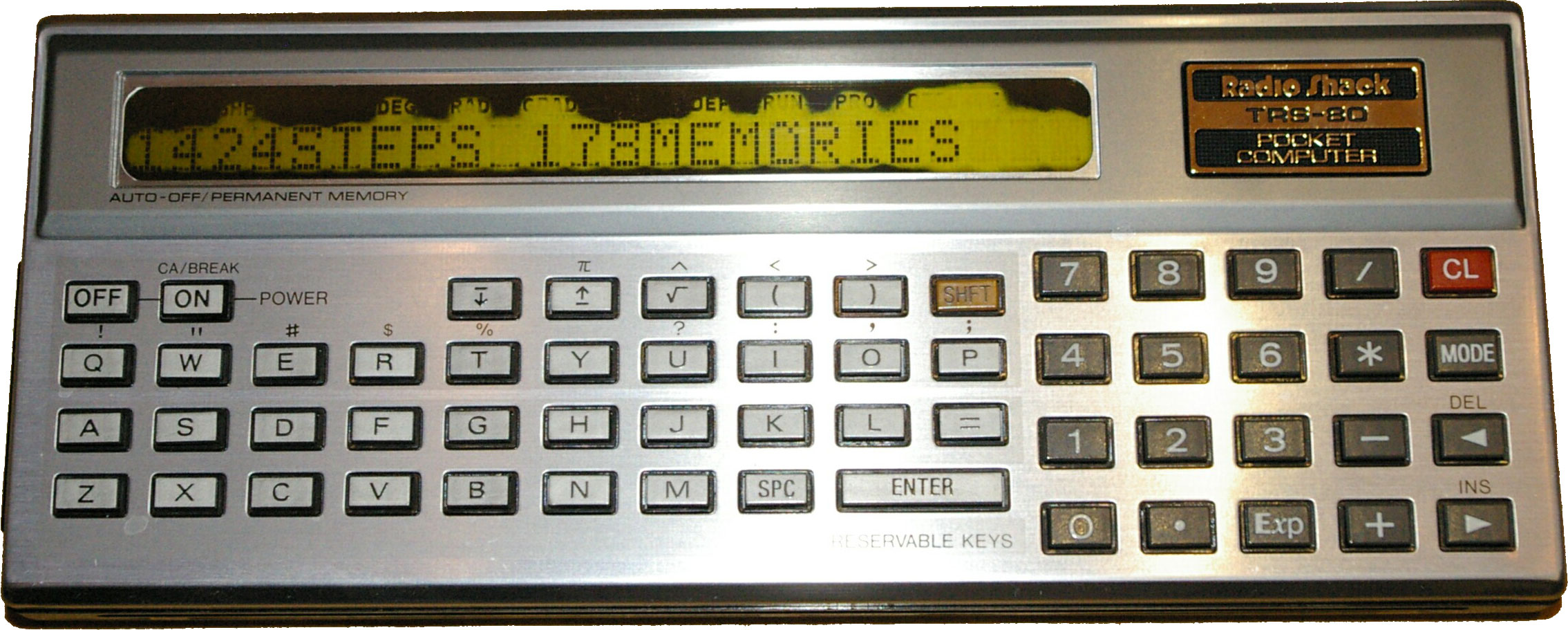
Two parallel lines look like they eventually converge at the horizon. Technology’s chase for digital convergence, say between television and the Internet, raises interesting questions of its own, starting with what happens at the ‘vanishing point’ – and how to get there. How about publishing and learning? Semantico has a blog post based on John Helmer’s lively chat with Toby Green, OECD’s head of publishing, and myself.








